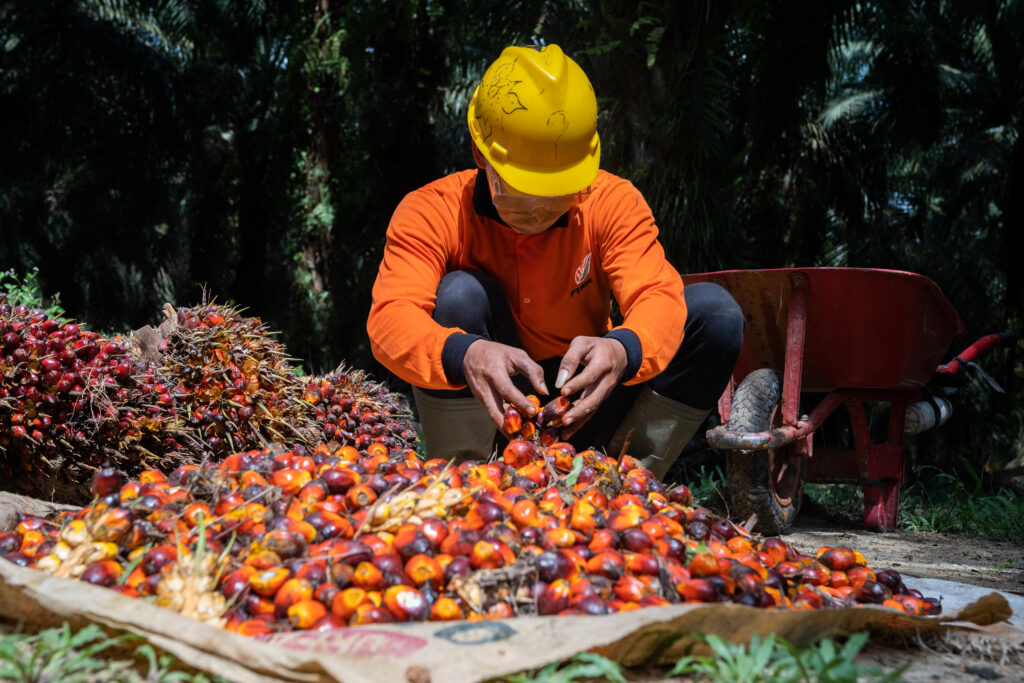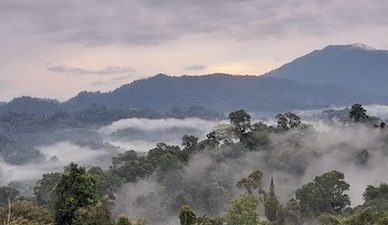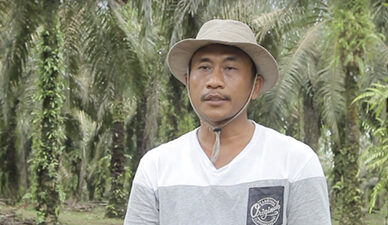Sabah Environmental Protection Association and BC Initiative

Education and engagement
Within the Malaysian regions of Sabah, Sarawak, and Peninsula Malaysia (PM), there are many policies and regulations in place to champion and support sustainable palm oil production. These were not being translated into effective action to protect social rights as there was a noticed disconnect on the ground between the ambition and the reality. Communities, including worker communities, were unaware of the extent of their rights. Equally, there was a question over how rigorously companies were honouring their commitments and implementing sustainable practices for palm oil production.
With local communities and plantations under threat from unregulated palm oil, there was a pressing need to resolve this disconnect and drive through the transformation towards sustainability. The case for an extensive outreach programme was clear. However, the resources to do this were limited and there were extensive background challenges from Covid, which delayed the timeline and deliverables. One of the main limitations was finding qualified professionals to drive the outreach programme and run technical training on the ground. Organising the workshops were also problematic, as most IMOs in Malaysia are not focused only on oil palm issues and are very stretched.
Performance through partnership
We responded to the challenges by engaging partners with the local knowledge and technical expertise to help us deliver the Malaysian Outreach Programme. BCI had a strong network of consultants and ground partners in Sabah and PM and became our partner of choice there with an extended contract, while Sarawak was outsourced to another group. BCI maximized their resources by pooling their technical consultants, developing and implementing a Train the Trainers workshop and sending in observers to all three regions during extended workshops conducted by the trained trainers.
One of the key features that secured the success of the outreach programme was a dedicated contacts in the various areas within the three regions. These dedicated contacts ensured the smooth running of the programme to meet the changing needs on the ground. In this respect, RSPO was very supportive. Their flexibility meant the programme benefited from a continuous process of re-strategising and adaptive management that was needed to ensure that the workshops were tailor made to the target audience.
Expecting expectations
The Malaysian Outreach Programme performed beyond expectations:
- Confirmed that there was a disconnect between policies at the grower level and their implementation on the ground.
- Highlighted that audits of social aspects of the shift from unregulated towards sustainability weren’t working as they should have been.
- Growers’ understanding of labour policies around FPIC/ILO was imperfect and stronger training and better audits were needed.
- Growers’ understanding of FPIC was theory based, and lacking on implementation.
The programme has generated widespread requests for further initiatives. Orang Asli communities in PM have asked for outreach workshops and Train the Trainer sessions. They’ve also expressed an interest in smallholder group certification and learning more about the RSPO. Meanwhile, indigenous communities in Sabah have requested follow-up training. Orang Asal/Asli communities have forwarded their woes to the Conflict Prevention Platform (CPP) ILC Taskforce and have facilitated engagement with member growers.
A transboundary migrant workers network has been set up, which involves awareness-building and issue-sharing through WhatsApp, and issues are escalated to the CPP Labour Task Force to handle. Workers group meetings/awareness are in high demand from the ‘mandurs’ from RSPO Member groups.
There have been multiple requests for FPIC implementation trainings by member grower groups. Additionally, a CPP pilot test case that was in development around how to conduct participatory mapping has been frozen post-outreach programme, and BCI have been receiving calls from the member grower and the community on re-opening the case to move forward.
One of the most successful elements of the programme was the creation of a Conflict Prevention Platform (CPP) to bring different stakeholders together. Now, some two years after the RSPO contract ended, the Labour Task Force and Community Task Force are still hard at work on this platform.






